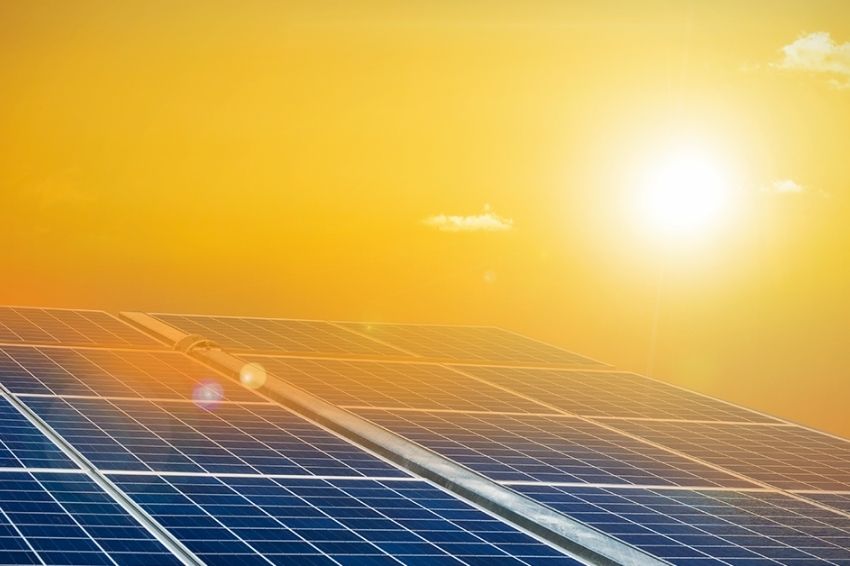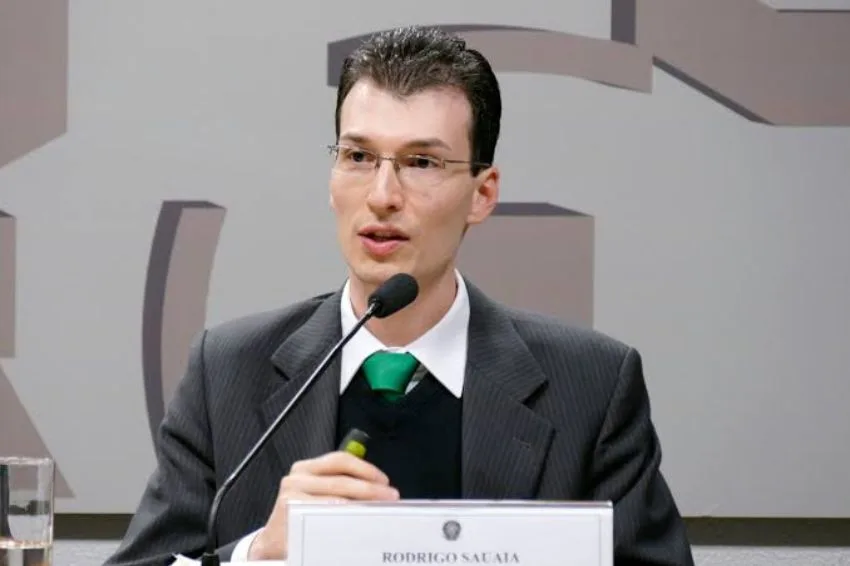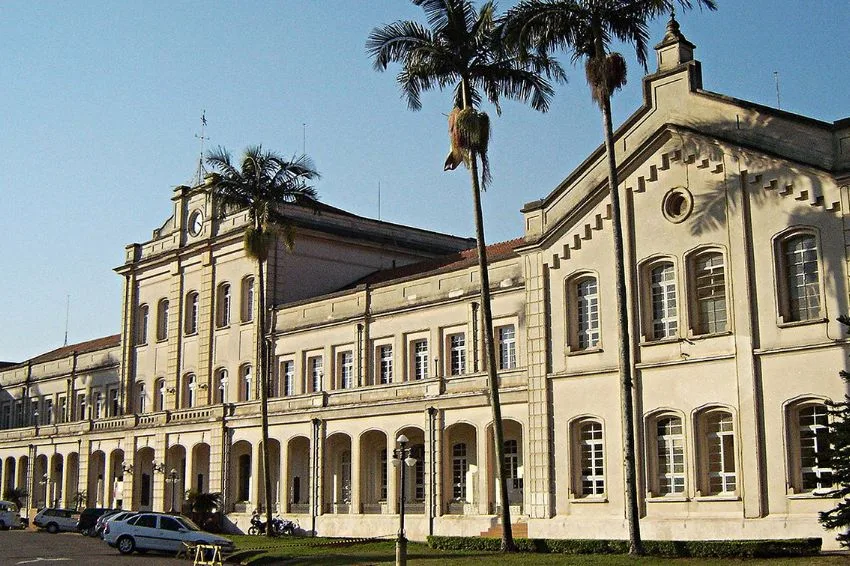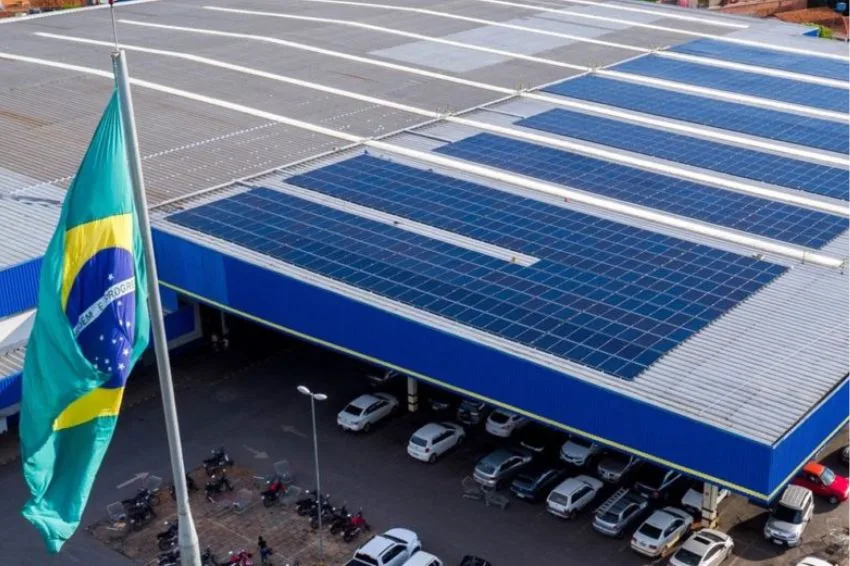Data from the ONS (National System Operator) shows that Brazilians use more electricity in the summer months (generally between January and February), which is when we use refrigeration more, whether with air conditioning in homes and businesses, or with industrial and rural refrigeration, for milk, meat, etc.
Analyzing this scenario, Rodrigo Sauaia, CEO of ABSOLAR (Brazilian Photovoltaic Solar Energy Association), in an interview with Solar Channel, highlighted that photovoltaic technology is essential to alleviate system operation during times of greatest demand for electricity.
“As it is a very sunny period, we have quality solar resources available from north to south to alleviate the system. The hours when the system uses the most electricity in the summer months are during the day, especially between 11am and 5pm”, explained the expert.
“During this period, energy usually also ends up becoming more expensive, as demand rises a lot and the operator ends up dispatching more thermoelectric plants. It is at this moment that solar helps to reduce this pressure, as it generates energy precisely during these daytime hours of greatest demand”, he concluded.
Solar proves to be a solution to the water crisis
The current Brazilian electrical matrix is still very dependent on water sources. When hydroelectric reservoirs are low, the ONS activates emergency fossil thermoelectric plants – more expensive, polluting and causing yellow and red tariff flags.
Taking this situation into account, “the Solar energy is seen as essential to help save water in water reservoirs, easing the operation of the national energy matrix and consumers’ pockets”, highlighted Sauaia.
















